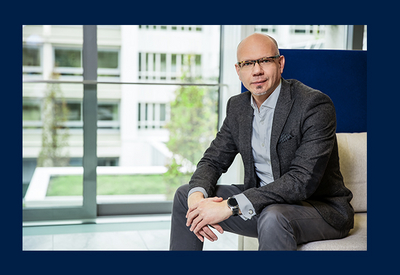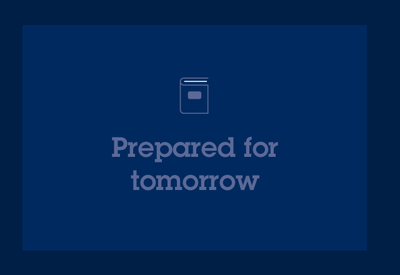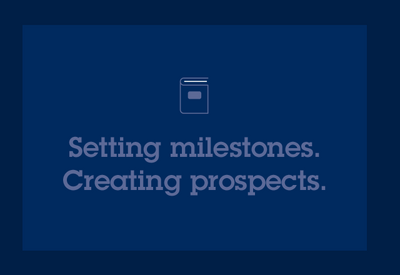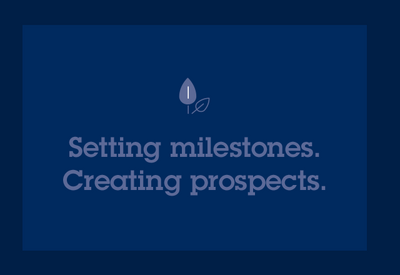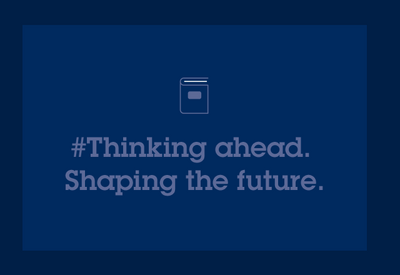YOUR COMPETITIVE ADVANTAGE.
Controlled
offensive
Seizing opportunities – without losing sight of the risks. The more complex the world becomes, the more efficient risk management must be.
CONTENTS |
|---|
Risk management requirements have increased considerably for banks over the last several years. A number of different market and technology trends have contributed to this, as well as a variety of laws, regulations and administrative rules. The challenge in all of this is not only that the number of possible risks has increased, but also the interdependencies, the volatility of the risk situation and the usability of available data and information.
That is why our risk management is constantly evolving and we are increasingly using automated processes for identifying and evaluating risks to efficiently collect data and allow analysts more time to assess risks. Alongside implementing current and upcoming regulatory requirements, right now we are especially concerned with how we can expand our risk management to include factors that are relevant in the context of ESG.
The ability to correctly identify, assess and manage risk is one of the most important foundations of our business model. For many years, we have pursued a conservative risk policy, ensuring a clear, sustainable risk culture. Over the past two years, we successfully implemented an accelerated de-risking programme, which we will continue, on a selective basis, in 2021, in order to further enhance the Bank's stability – not least due to the impact of the Covid-19 pandemic.
Integration of ESG risks
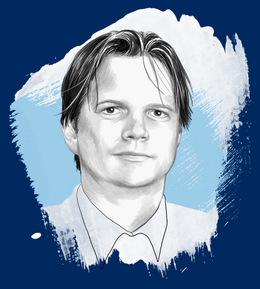
"To analyse climate and environmental risks, we rely primarily on scenario analyses and stress tests. As part of ESG@Aareal, we are currently developing a stress scenario that takes into account the relevant physical and transitory climate risks for Aareal’s portfolio."
The growing importance of ESG topics for the financial services sector holds manifold opportunities, yet also involves risks. Banks therefore need to analyse ESG risks holistically and integrate them into their risk management framework. By this we mean things like the drivers of regulatory risk that create and/or increase established risks in our business.
As part of our ESG@Aareal project we are currently building a high-performance ESG risk management system. The aim of these activities is to systematically integrate ESG considerations into our risk strategy and risk processes, methods and instruments, and to develop an ESG risk management framework. To do this, we analysed the status quo over the past financial year, defined ambition levels and derived measures to be taken from these. We are currently working to develop a risk governance policy defining the relevant responsibilities, as well as transitioning to the implementation phase, and documenting the results in an ESG manual.
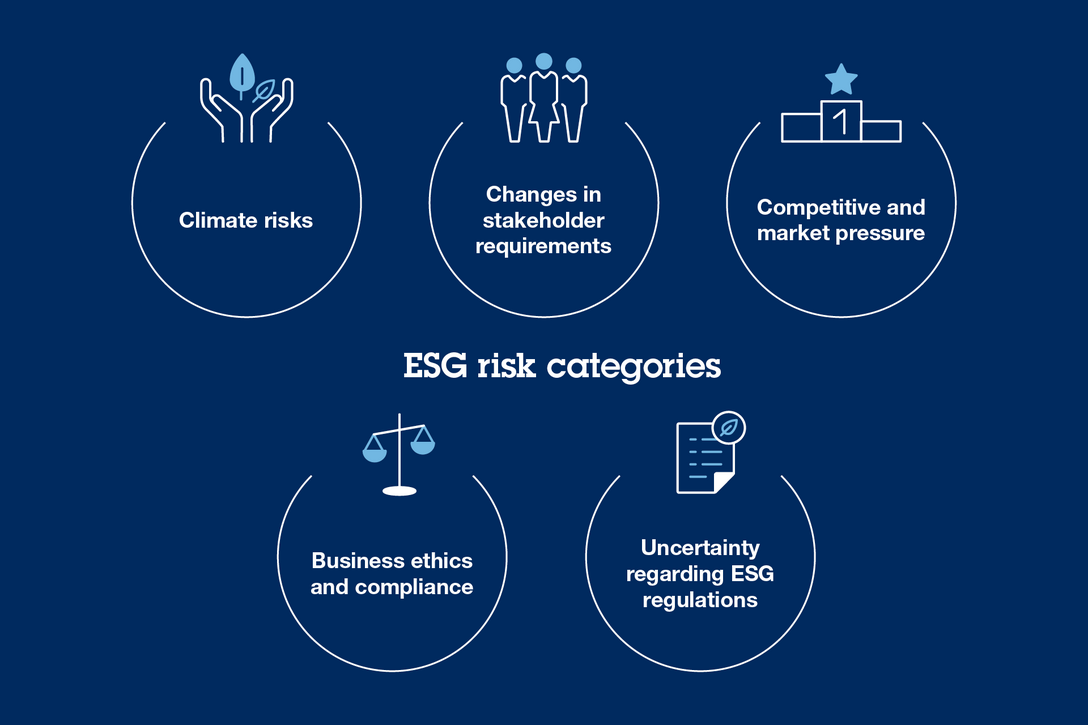

Threats often lurk where you cannot directly see them. This is why forward-looking and effective risk management is indispensable, especially for banks.

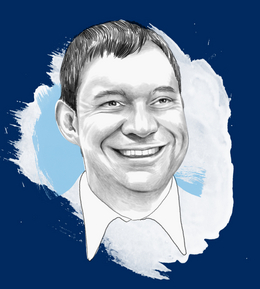
"Comprehensively dealing with ESG risk leads to new perspectives on known risks and the complex context of their causes and effects. Effectively managing ESG risks therefore requires a holistic approach across every area of the bank."
We determined the relevant ESG risk factors for Aareal Bank Group back in 2019, in a Group-wide initiative that used a combination of a bottom-up and a top-down approach. After that, we compared the results of these two perspectives so as ensure that we have identified all ESG risk factors impacting our existing risk types as comprehensively as possible.
We consider the relevant ESG risk categories to be (physical) climate risks, changes in stakeholder requirements, competitive and market pressure, business ethics and compliance, and uncertainty regarding ESG regulations relating to Aareal Bank Group. They affect our credit risks in particular, but also our strategic and operational risks.
Rethinking risks
Christoph Reitze (Aareal Bank) and Matthias Arnheiter (Berlin Hyp) on the new opportunities sustainability brings.


![[Translate to English:]](../fileadmin/_processed_/b/6/csm_aareal_navi-teaser_konzern@2x_f3a163abdc.png)

![[Translate to English:]](../fileadmin/_processed_/f/e/csm_aareal_navi-teaser_transaktions-highlights@2x_475e048233.png)






